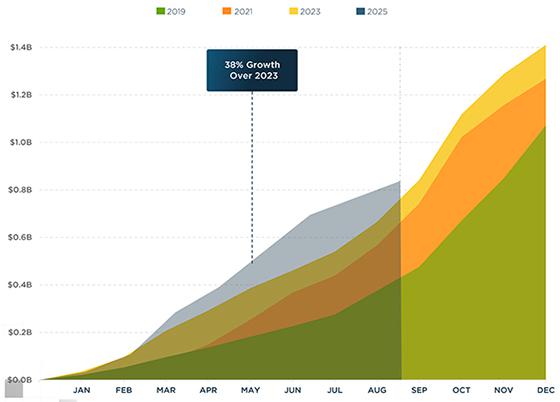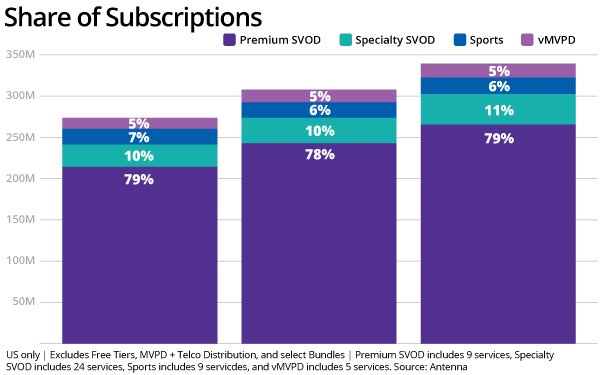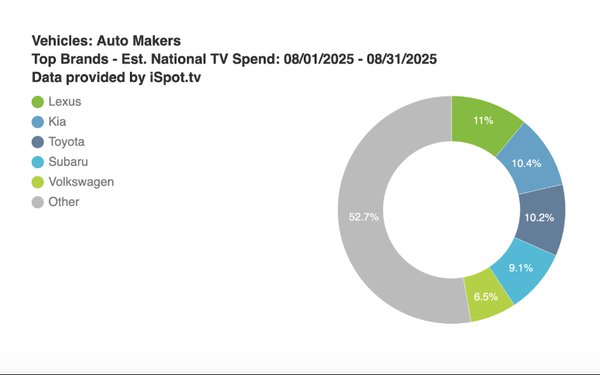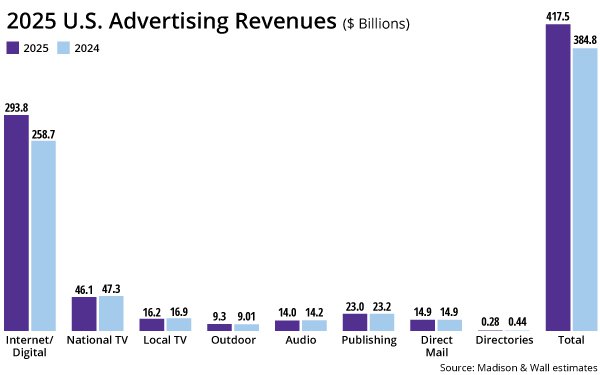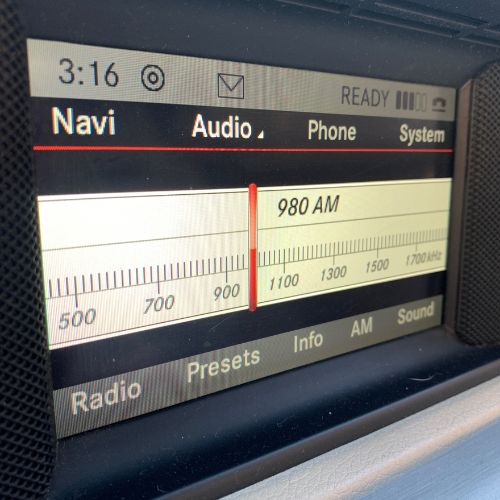
The third and final “Downton Abbey” movie is sensational, and so was the premiere event Focus Features put on in New York Monday night.
The event had two parts -- the premiere movie screening in the intimate Rose Theater (capacity 1,109) at the Jazz At Lincoln Center performance venue, and then a reception in the famed New York Public Library building at Fifth Avenue and 42nd Street (charter bus transportation provided).
Opened in 1911, the imposing, Beaux-Arts building -- first conceived in the 1890s -- is a product of the Gilded Age, a likely unintentional reflection of “Downton Abbey” creator Julian Fellowes’ current series “The Gilded Age” on HBO.
Although the new “Downton” movie -- titled “Downton Abbey: The Grand Finale” -- takes place in 1930, a celebration of the TV series and the new movie felt right at home in the grandeur of the building’s marble-clad, first-floor entrance hall and spacious corridors that shoot off in two directions just behind the entrance space.
At the theater, the movie was preceded by the appearance on-stage of Julian Fellowes and then most of the stars of the show, including Michelle Dockery (Lady Mary), Hugh Bonneville (Robert Crawley, Earl of Grantham), Elizabeth McGovern (Cora Crawley, Countess of Grantham), Laura Carmichael (Lady Edith), Allen Leech (Tom Branson), Joanne Froggatt (Anna Bates), Paul Giamatti (Harold Levinson), Penelope Wilton (Isobel Crawley), Douglas Reith (Lord Merton) and others.
Adding to the celebratory mood, some members of the audience attended in period apparel.
Among the celebrities on hand was Bob Balaban, who played a key role in the creation of “Downton Abbey,” according to Fellowes.
From the Rose Theater stage, Fellowes singled out Balaban, and told the audience how the actor had connected him with director Robert Altman for the 2022 movie “Gosford Park,” the movie about the English aristocracy that laid the very foundation for “Downton Abbey.”
As for the movie, the TV Blog will refrain from revealing any elements of the plot, but a word of advice to those planning to see it when it opens Friday: Bring tissues and hankies.
The movie renders the world of Downton, its residents and servants, the surrounding community, and 1930s London with the attention to minute detail that has characterized the series and mesmerized its audiences since 2010 (time frame of the first season: 1912-14).
At the party, members of the “Downton Abbey” cast mingled with the guests. The TV Blog and guest ran into Hugh Bonneville, Douglas Reith and Simon Curtis, the movie’s director.
We also made an effort to greet Julian Fellowes to congratulate him on the movie and express our thanks for this event. Whether or not he was the actual host, I always like to thank somebody anyway.
Speaking of thanks, the TV Blog and guest were the guests of Viking, the Switzerland-based cruise and travel company which credits its long sponsorship of “Downton Abbey” with helping it establish its brand as “a household name.”
Indeed, anyone who ever watched “Downton” (and other series on PBS’s “Masterpiece”) knows the Viking company, with its commercials showing its sleek tour ships cruising the rivers of Europe in search of on-shore castles, museums and fine food.
By now, the Viking company’s commercials featuring founder and chairman Tor Hagen have achieved iconic status.
The company’s association with “Downton” extends to dry land. Since 2011, the company has partnered with the owners of Highclere Castle (in Highclere, U.K.), the grand English home dating to 1679 that served as the filming location for the Crawley home on “Downton.”
The show has made the Castle -- owned by the Earl and Countess of Carnarvon -- one of Britain’s most popular tourist attractions, and Viking has long offered tours of the Castle and surrounding areas.
Throughout the movie, the late Maggie Smith and the powerful character she played on the TV show -- Violet Crawley, Dowager Countess of Grantham -- was not forgotten.
The family matriarch came up often in conversations in the movie, and a portrait on a wall was seen many times within the Crawley home. In a touch of class, the movie was dedicated to the beloved star.





